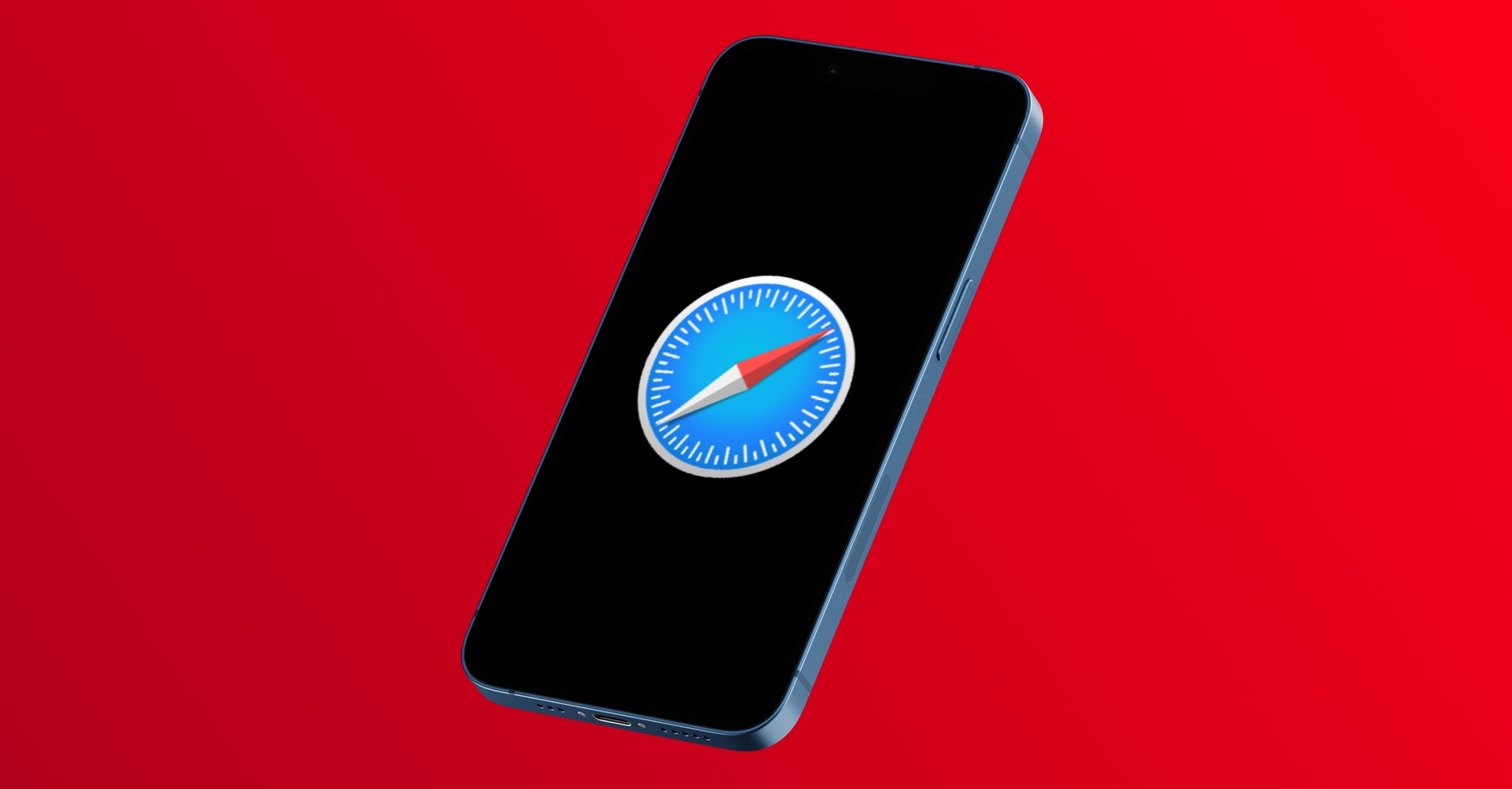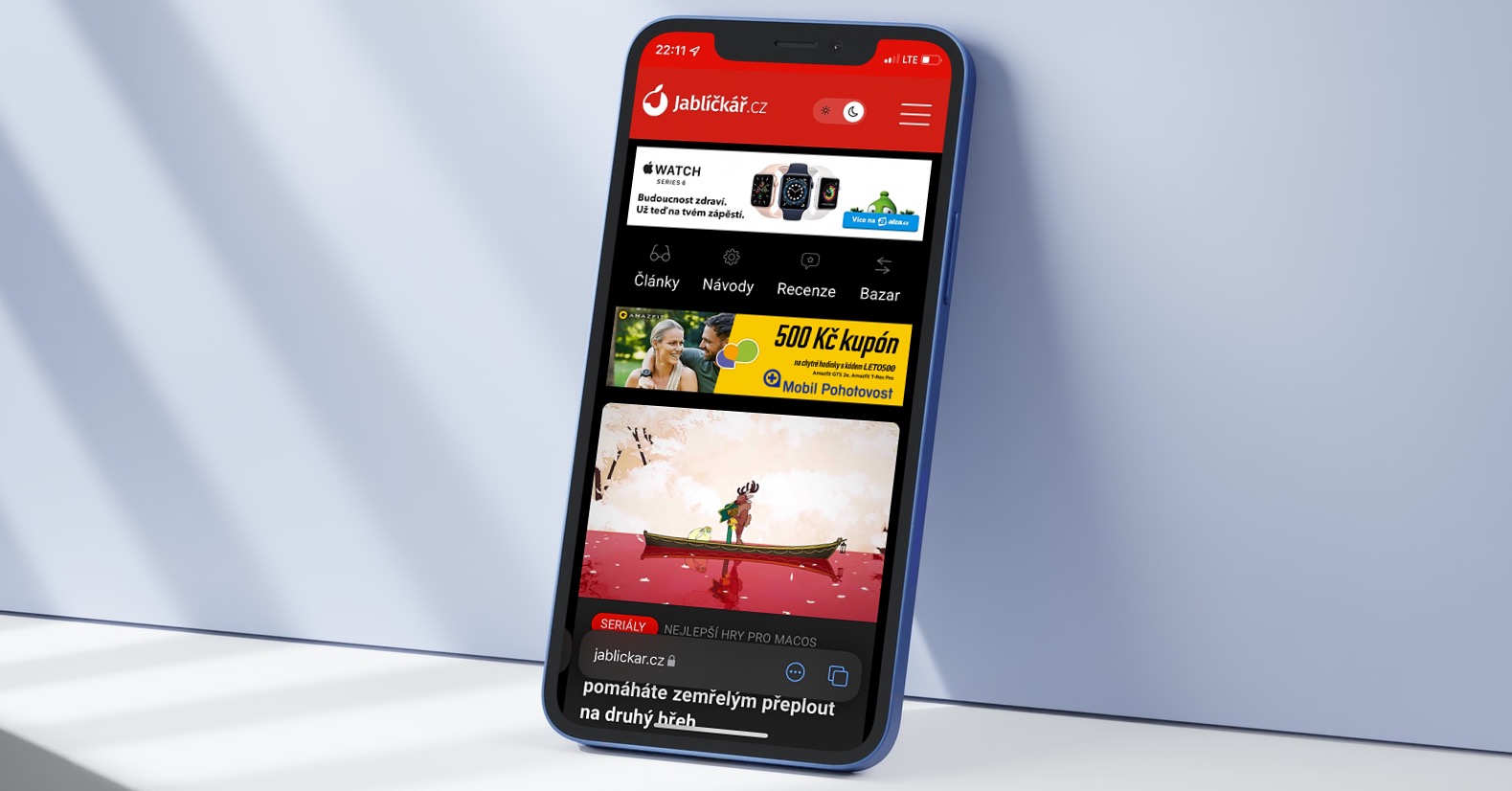Apple is known for the overall closedness of its systems, which can put it at an advantage in many ways. A great example is the App Store. Thanks to the fact that so-called sideloading, or the installation of applications from third-party sources, is not allowed, Apple is able to achieve a greater degree of security. Each software goes through a check before being included, which benefits both Apple users themselves, in the form of the aforementioned security, and Apple, specifically with its payment system, where it takes more or less 30% of the amount in the form of a fee from each payment.
It could be interest you

We would find quite a few such features that make the Apple platform more closed in a way. Another example would be WebKit for iOS. WebKit is a browser rendering engine that plays a key role in the aforementioned iOS operating system. Not only is Safari built on top of it, but Apple is also forcing other developers to use WebKit in all browsers for their phones and tablets. In practice, it looks quite simple. All browsers for iOS and iPadOS use the WebKit core, as conditions do not allow them to have any other alternative.
Obligation to use WebKit
At first glance, developing your own browser is just as simple as developing your own application. Virtually anyone can get into it. All you need is the necessary knowledge and then a developer account ($99 per year) to publish software to the App Store. However, as we mentioned above, in the case of browsers, it is necessary to take into account an important limitation - it simply won't work without WebKit. Thanks to this, it can also be said that at their core the available browsers are extremely close to each other. They all build on the same foundation stones.
But this rule will probably be abandoned very soon. Pressure is mounting on Apple to drop the mandatory use of WebKit, which experts see as an example of monopolistic behavior and abuse of its position. The British institution Competition and Markets Authority (CMA) also commented on this whole matter, according to which the ban on alternative engines is a clear abuse of position, which significantly limits competition. Therefore, it cannot differentiate itself so much from the competition, and as a result, possible innovations are slowed down. It is under this pressure that Apple is expected that, starting with the iOS 17 operating system, this rule will finally cease to apply, and browsers using a rendering engine other than WebKit will finally look at iPhones. In the end, such a change can greatly help the users themselves.
What comes next
It is therefore also appropriate to focus on what will actually follow. Thanks to the change of this not-so-friendly rule, the door will literally open for all developers, who will be able to come up with their own, and therefore possibly significantly better solution. In this regard, we are mainly talking about the two leading players in the field of browsers - Google Chrome and Mozilla Firefox. They will finally be able to use the same rendering engine as in the case of their desktop versions. For Chrome it is specifically Blink, for Firefox it is Gecko.

However, this creates a considerable risk for Apple, which is rightly concerned about the loss of its previous position. Not only the mentioned browsers can represent significantly stronger competition. In addition, according to the latest news, Apple is fully aware that its Safari browser has built up a not-so-friendly reputation, when it is known for its lag behind Chrome and Firefox solutions. Therefore, the Cupertino giant is starting to solve the whole matter. Reportedly, he was supposed to add to the team working on the WebKit solution with a fairly clear goal - to fill in any gaps and ensure that Safari does not fall with this move.
Opportunity for users
In the end, the users themselves can benefit most from the decision to abandon WebKit. Healthy competition is extremely important for proper functioning as it moves all stakeholders forward. So it is possible that Apple will want to maintain its position, which will require it to invest more in the browser. This can result in its better optimization, new features and even better speed.
It could be interest you

 Adam Kos
Adam Kos 

